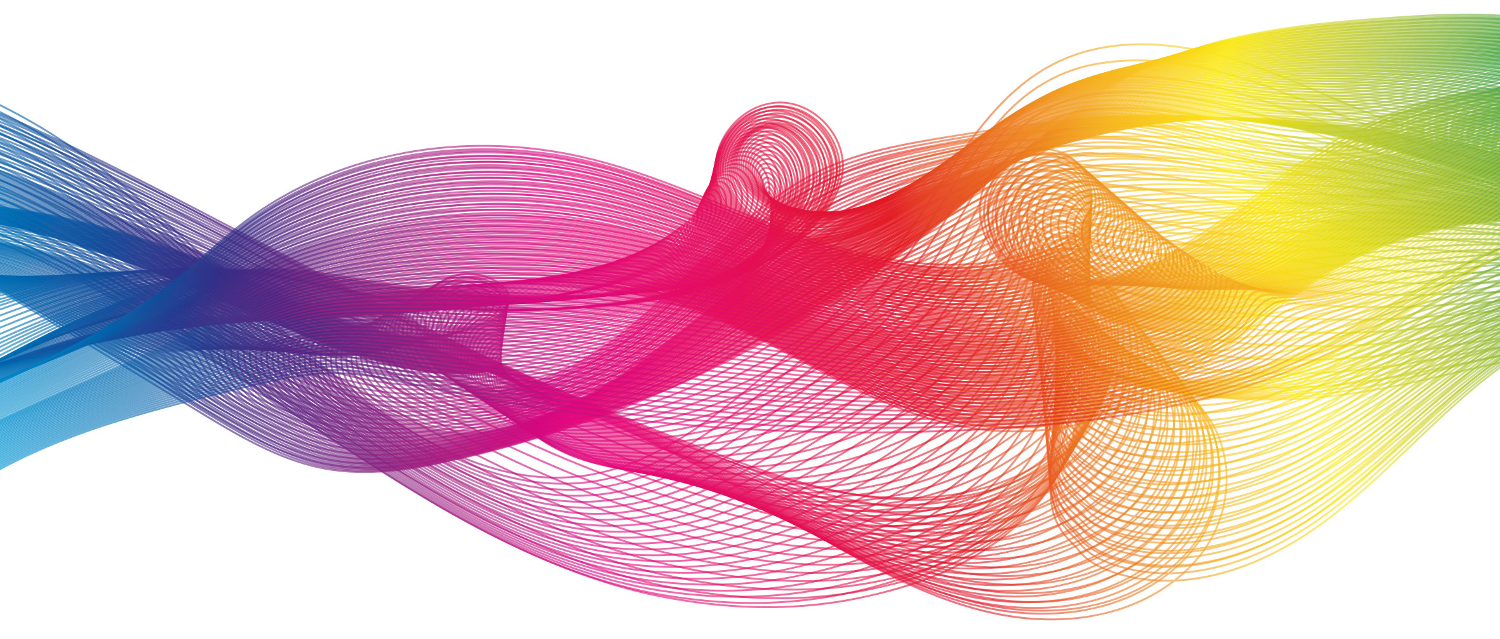Prof. Dr. Andreas Hepp (ZeMKI, Universität Bremen) gives keynote at the international workshop “Media, Event and Social Theory – Transnational Challenges for Analysis” at the University of Tampere, Finland
The keynote is entitled “Media Events and Transcultural Communication in Times of Deep Mediatization” and will take place on February 18, 2016 at 2pm. The keynote will be commented by Marwan Kraidy from the Annenberg School for Communication, University of Pennsylvania.
When media is used to communicate across cultures, this typically happens with reference to media events. Sports events like the Olympic Games, but also acts of war or so-called ‘terror attacks’ are examples for that. For a long time, the approach of media and communications to such media events was to describe them rather as ‘rituals’, shaped mainly by broadcasting and having some integrative power. Later, the discussion shifted focus onto their possible ‘disruptive’ character. But since then there have been further changes to our media environment. Nowadays, we live in a media manifold characterised by an interrelated multiplicity of media increasingly based on software and datafication. How can we understand media events in such times of deep mediatization? How are media events impacted when we move ever more deeply into a digitalised and datafied media environment? On the basis of recent examples, the present talk sketches some lines for rethinking media events in times of deep mediatization
Furhter information about the conference can be accessed here.
Prof. Dr. Andreas Hepp, Prof. Dr. Thomas N. Friemel and Prof. Dr. Andreas Breiter (ZeMKI, University of Bremen) are guest-editors of a Special Section of the “International Journal of Communication”. Submissions can be made until 16. June.
CALL FOR PAPERS
for a Special Section in
International Journal of Communication
Guest-edited by:
Andreas Hepp, Professor, Communication & Media Studies
Thomas N. Friemel, Professor, Communication & Media Studies
Andreas Breiter, Professor, Information Management & Education Technologies
University of Bremen
OVERVIEW
“Big data” has become a contested buzzword for media and communications research, but remains a vague concept when it comes to empirical, contextualised analysis and interpretations. From the point of view of the media user and a critical analysis of media practices, it is rather “digital traces” that matter. The term “traces” puts emphasis on the fact that these data result from the practices of individuals, collectivities, and organizations while using digital media. To understand “digital traces” we have to relate them to the various actors who originate them, as well as the contexts that matter. When putting “digital traces in context,” we have to reflect the programmers who design and implement the related technologies, the features of the technologies (e.g., the underlying algorithms), the actors producing the traces through their practice, the procedures of data gathering, as well as the relation of these data with various kinds of other information. Hence, studying the context of digital traces goes beyond the mere analysis of “big data.” Investigating digital traces is a challenge for research methods (e.g., data mining, validation, research ethics, replicability, transparency), and theories (e.g., grasping general patterns, development of new theories), and a profound reflection of all of this (e.g., redefining the basis for academic critique). The aim of the Special Section is to bring scholars of media and communications research together with scholars of other disciplines to reflect the chances of researching “digital traces in context” as one way of making a proper sense of “datafication.”
POSSIBLE TOPICS INCLUDE, BUT ARE NOT LIMITED TO:
– Theoretical approaches to digital traces and their social, cultural and technological contexts
– Qualitative and quantitative methodological approaches to researching digital traces in contextualised ways, including internal and external validation of digital traces
– Implications and affordances of system design and infrastructures for digital traces
– New ways of visualizing digital traces
– Actors defining and producing digital traces (programmers, intermediaries, users, etc.)
– Relations between social practices, behaviour and digital traces
– Critiques of digital traces producing infrastructures and social practices
– Ethical issues concerning the collecting and analysing of digital traces
FORMATTING AND REQUIREMENTS
To be considered for this collection, a paper of maximum 7,000 words (all-inclusive, which includes the abstract, keywords, images with captions, footnotes, references and appendices, if any) must be submitted by June 16, 2016 and adhere to the following formal requirements:
– Formatting according to the most recent version of the APA style-guide (including in-text citations and references).
– Any endnotes should be converted to footnotes.
– Papers must include the author(s) name(s), title, affiliation and e-mail address. (Your paper will subsequently anonymized for double-blind peer review.)
– All articles should include an abstract of 150 words.
– All spelling must be rendered in American English. To change British or Commonwealth spellings to their American equivalents, please see the Merriam-Webster Unabridged Dictionary.
– See “Author Guidelines/ Submission Preparation Checklist” at ijoc.org/index.php/ijoc/about/submissions.
Any papers that do not follow these guidelines will not be submitted for peer review.
The International Journal of Communication is an open access journal (ijoc.org). All articles will be available online at the point of publication. The anticipated publication timeframe for this Special Section is Q1 2017.
CONTACT INFORMATION
All submissions should be e-mailed to ijoc@uni-bremen.de by June 16, 2016. Late submissions will not be included for consideration.
THE TIME SCHEDULE
06/2016:
Submission of full papers
07/2016 – 09/2016:
Peer review
10/2016 – 12/2016:
Final revisions
Q1 2017:
Publication
More information
